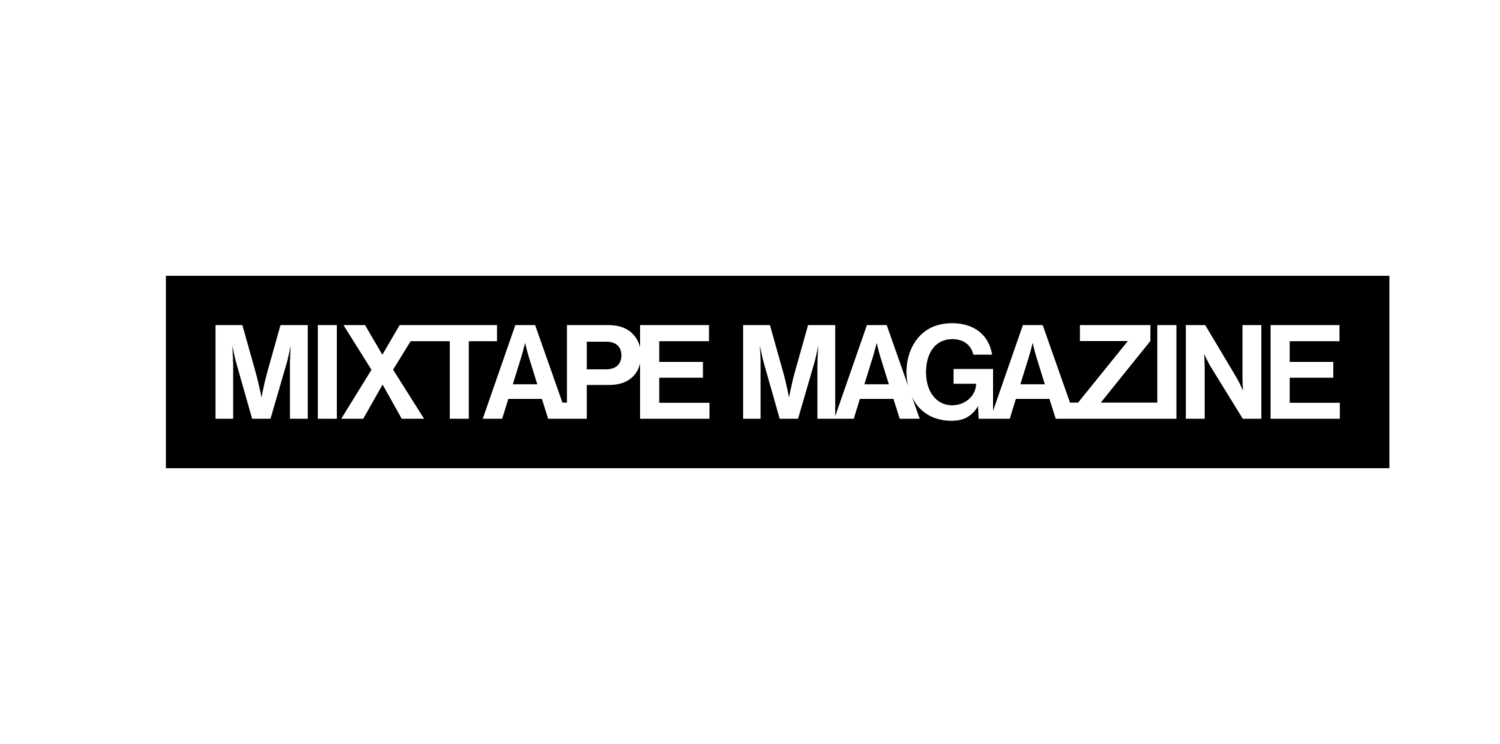The Travis Scott Burger & the Trappings of Marketability
Last Tuesday, Travis Scott’s much-anticipated partnership with fast food chain McDonald’s was released upon the world. The Travis Scott Meal includes a Quarter Pounder with bacon and lettuce, BBQ dipping sauce to complement a medium fry, and a medium Sprite. This is supposedly Travis’s go-to order from the restaurant since he was a kid growing up in Houston, and now anyone can try it for just $6 at participating franchises.
This is just the second time that a celebrity has collaborated with McDonald’s on an official meal and the first since NBA legend Michael Jordan came out with the McJordan in 1992. Say what you will about the meal itself (my review is attached to this article), but it’s undeniable that this move, no matter the intention, is significant. It’s truly a testament to how inescapable he has become as a star, that a major corporation with no previous ties to Scott or to rap in general would give him such a cosign.
If you had told the average American 25 years ago that a rapper would be such a household name that he would be in the same conversation as Michael Jordan in terms of marketability, they probably would have laughed in your face. But in that time period, Hip-Hop has become the premier genre in music, and Scott is certainly one of its biggest stars.
But with that notoriety has come some other, perhaps unanticipated elements. Many have accused Scott of “selling out” since his huge commercial success with Astroworld and the subsequent tour, and collaborations like this and his Fortnite concert are more than enough evidence to support these claims. He hasn’t dropped an album since Astroworld (unless you’re counting Jackboys, a shorter project which Scott had limited involvement in, serving more as a curator than a top-billed artist), and the singles he’s released since then have either served as promotion for his side project with Kid Cudi (“The Scotts”) or to get his name out in the film-bro community (“THE PLAN,” featured on the Tenet soundtrack). It seems to me like Scott is far more concerned with upping his visibility and padding his wallet with feature and marketing money than actually delivering compelling new art (not to say his recent stuff has been bad, it’s just not up to par with his previous work in terms of ambition).
It’s a tough situation because on one hand, it’s certainly commendable that Scott has achieved such great success as an artist that he can do stuff like the McDonald’s collaboration and the Fortnite concert, but on the other hand, it reeks of corporate greed. I definitely respect Scott’s ability to appeal to a casual audience outside of hardcore Hip-Hop fans, as not many rappers before him have been able to do that successfully. I just hope that this doesn’t smoothen his edges to the point where his art begins to suffer, as he chases wealth and mainstream success over artistic credibility. After all, Chance the Rapper did get that Kit-Kat commercial deal after winning Best New Artist at The GRAMMYs, and then dropped The Big Day (easily his worst project up to this point) not too long after...
by: Pat Shanahan

